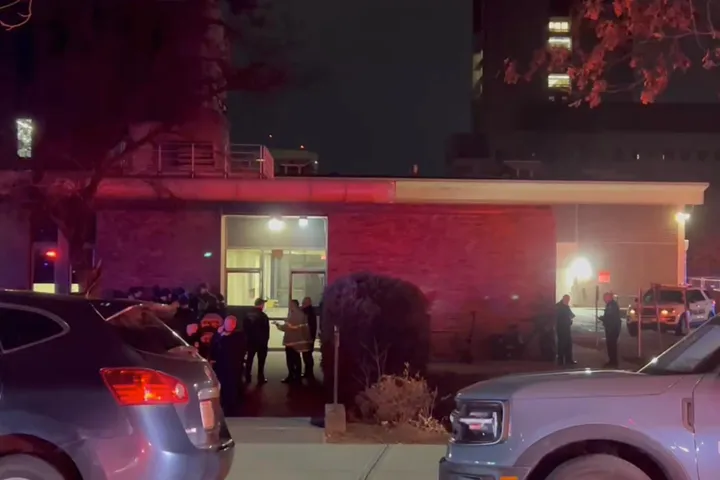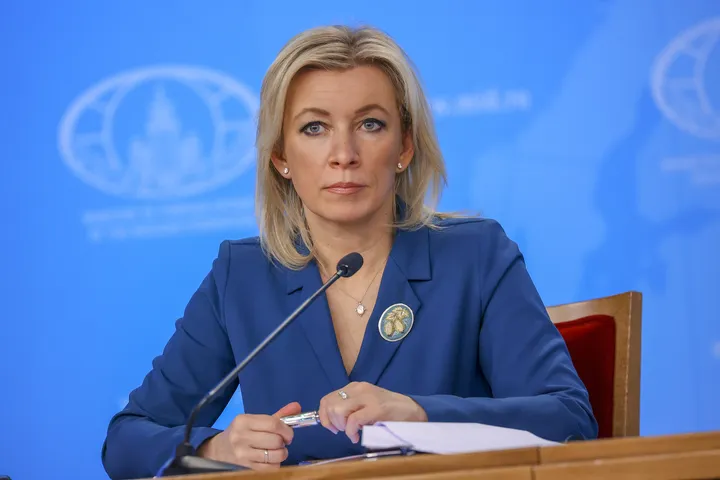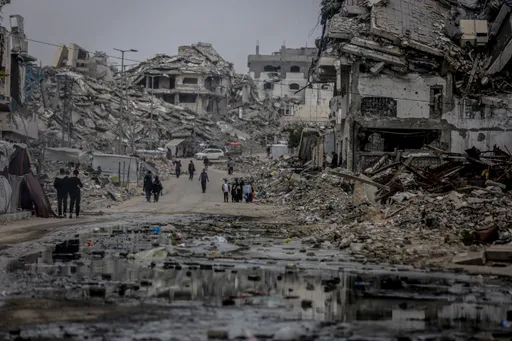Tunisia has witnessed a sharp rise in attacks and desecration of mosques in past weeks, amid public outrage and fear the trend will shift from isolated incidents to systematic targeting. The public’s vocal response has called for a law criminalising attacks on sacred spaces.
More than five Tunisian mosques have been attacked, along with the burning and tearing up of religious books, desecration of the Quran and scattering of their pages in recent weeks.
While the motives remain largely unknown, the provocative moves have pushed a collective of Tunisian elders, scholars and imams to launch an outcry of anger and disbelief, issuing a joint statement directed to the three branches of government; namely the prime ministry, parliament and presidency.
There is a growing call to identify the perpetrators and enact a law criminalising attacks on sacred sites, and the protection of ‘the houses of God’.
Provocation and incitement
Just days ago, the National Coordination Council for the Defense of Qur’an, Constitution, and Just Development published a strongly worded statement directed to authorities in Tunisia, calling on the relevant authorities, representatives of the Ministry of Religious Affairs, and the Ministry of the Interior to reveal those behind the heinous acts aimed at undermining civil peace by provoking and targeting the religious belief of the Tunisians.
The Chief Coordinator, Shihab al Din Tillish, in a statement to TRT World, expressed his grave concern in a gathering of leaders from the legal society, religious scholars and imams in Tunisia, specifically regarding the unprecedented rise in attacks on mosques. He emphasised and warned of attempts by some parties ideologically hostile to parties of Islamic background, to drag Tunisia towards violence and chaos through a strategy of incitement.
Tillish also warned against the repetition of a successive wave of mosque attacks, which, he describes as going from merely isolated practice to systematically targeted action. In total, five Tunisian mosques in more than one governorate have been subject to desecration. He expressed surprise at the reduction of prison sentences of charged perpetrators by judicial authorities.
In his interview, he cited collective calls on parliament to speed up the drafting of a bill aimed at criminalising any attack on mosques in particular, and all religious sacred spaces, the Quran and Prophet. He further emphasised that the Tunisian constitution’s sixth chapter mandates the state with the protection of sacred places, and not undermining their sanctity.
Ministry of Religious Affairs clarifies
The repeat attacks on mosques in Tunisia prompted the Ministry of Religious Affairs to publish a statement, in which it stressed the need to take all necessary administrative measures and coordinate with security authorities to protect places of worship and track down the aggressors.
Many Tunisians and religious scholars have taken to social media to express their anger at the recurring attacks on mosques, which included two mosques in the Al Manihala district bordering the capital of Tunis, only metres away from the house of Tunisian President Qais Said, who is now reluctant to pray there.
Independent Parliament Member Reda Al Jawadi described the repeated attacks on mosques as “intentional and part of a larger systematic plan to provoke religious incitement towards uncontrolled reactions” according to a Facebook post he shared. He also warned of coup plots seeking to exclude every Islamic movement, and undermine them whenever people of Islamic tradition are in power, even if they only constitute a minority in a larger coalition government.
Legislative initiative
Jawadi’s colleague in parliament and MP of the Dignity Coalition, Muhammad Afasy, spoke to TRT World, stressing the role of the state in protecting freedom of belief for Tunisians. He also went on to express his fears of parties being targeted to the detriment of security and stability in Tunisia, and pushing them towards violence and an ‘identity’ battle in a period where the country is undergoing the formation of a government.
He further affirmed his support for a legislative initiative in parliament aimed at criminalising attacks on the religious sanctities of Tunisian Muslims, while citing his correspondence with the Minister of Religious Affairs and calling on him to clarify measures taken by the ministry to reduce the recurrence of attacks on mosques.
























